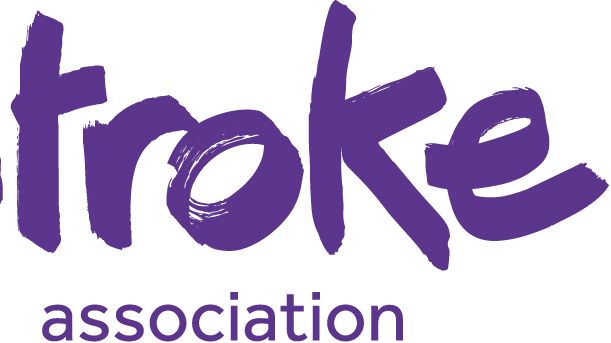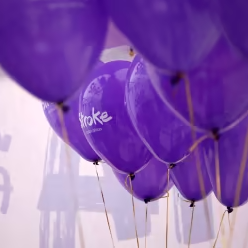
Press release -
Thousands of atrial fibrillation (AF) patients in England are at risk of preventable stroke
An estimated 1.4 million people in England have atrial fibrillation (AF), yet over a third of them are undiagnosed.Of the people who have been diagnosed, QOF[i] data reveal that 31% of eligible patients on the AF register are not being given anticoagulation treatment, as recommended by current NICE guidelines.
Atrial fibrillation is an irregular heartbeat which increases your risk of having a stroke five-fold. It is a contributing factor in 20% of strokes among people in England, yet figures show that around 60% of stroke patients with known atrial fibrillation are not on anticoagulant treatment when they are admitted to hospital. It is thought that if AF were adequately treated then around 7,000 strokes would be prevented and 2,100 lives would be saved every year.
Today the Stroke Association launches a series of information packs for CCGs and GPs called ‘AF: How can we do better?’ to identify where diagnosis and treatment of atrial fibrillation in England can improve. The packs also provide practical advice on both case finding and anticoagulation which has been developed by practicing GPs, nurses and community pharmacists in the Primary Care CVD Leadership Forum in collaboration with the Stroke Association and the Royal College of GPs.
Dr Dale Webb, Director of Research and Information at the Stroke Association said:
“We urgently need to reduce the number of people whose AF goes undiagnosed so that patients get treated. But they need the right treatment so that avoidable strokes can be prevented. GPs should be adhering to NICE guidance in prescribing the appropriate anticoagulant to patients. Currently, fewer than half of stroke patients with known AF are on anticoagulation treatment at the time of their stroke.”
Every pack brings together the latest statistics for a specific CCG. The information is collated from the Royal College of Physicians’ Sentinel Stroke National Audit Programme (SSNAP) and the National Cardiovascular Intelligence Network (NCVIN) hosted by Public Health England and each report includes data on:
- Detection of AF in the CCG
- The variation in levels of undiagnosed AF within each CCG
- The number of AF-related strokes within the CCG
- The outcomes for people who have strokes who were not on anticoagulation before their stroke
- The number of GP practices using the GRASP-AF case finding tool
- The number of AF cases that are anticoagulated.
Lorraine Oldridge, National Cardiovascular Intelligence Network Programme Lead at Public Health England said:
“These packs bring together all the latest data and information, providing a compelling case for taking action.By understanding the data and taking many of the practical steps suggested here there’s a real opportunity to improve the quality of care and outcomes for people with cardiovascular disease”.
The ‘AF: How can we do better?’ packs can be downloaded from the Stroke Association website at www.stroke.org.uk/af-do-better
Ends
[i]The Quality and Outcomes Framework (QOF) is a voluntary annual reward and incentive programme for all GP surgeries in England, detailing practice achievement results.
Topics
A stroke is a brain attack which happens when the blood supply to the brain is cut off, caused by a clot or bleeding in the brain. There are around 152,000 strokes in the UK every year and it is the leading cause of severe adult disability. There are over 1.2 million people in the UK living with the effects of stroke.
Stroke Association is a charity. We believe in life after stroke and together we can conquer stroke. We work directly with stroke survivors and their families and carers, with health and social care professionals and with scientists and researchers. We campaign to improve stroke care and support people to make the best recovery they can. We fund research to develop new treatments and ways of preventing stroke. The Stroke Helpline (0303 303 3100) provides information and support on stroke. More information can be found at www.stroke.org.uk











